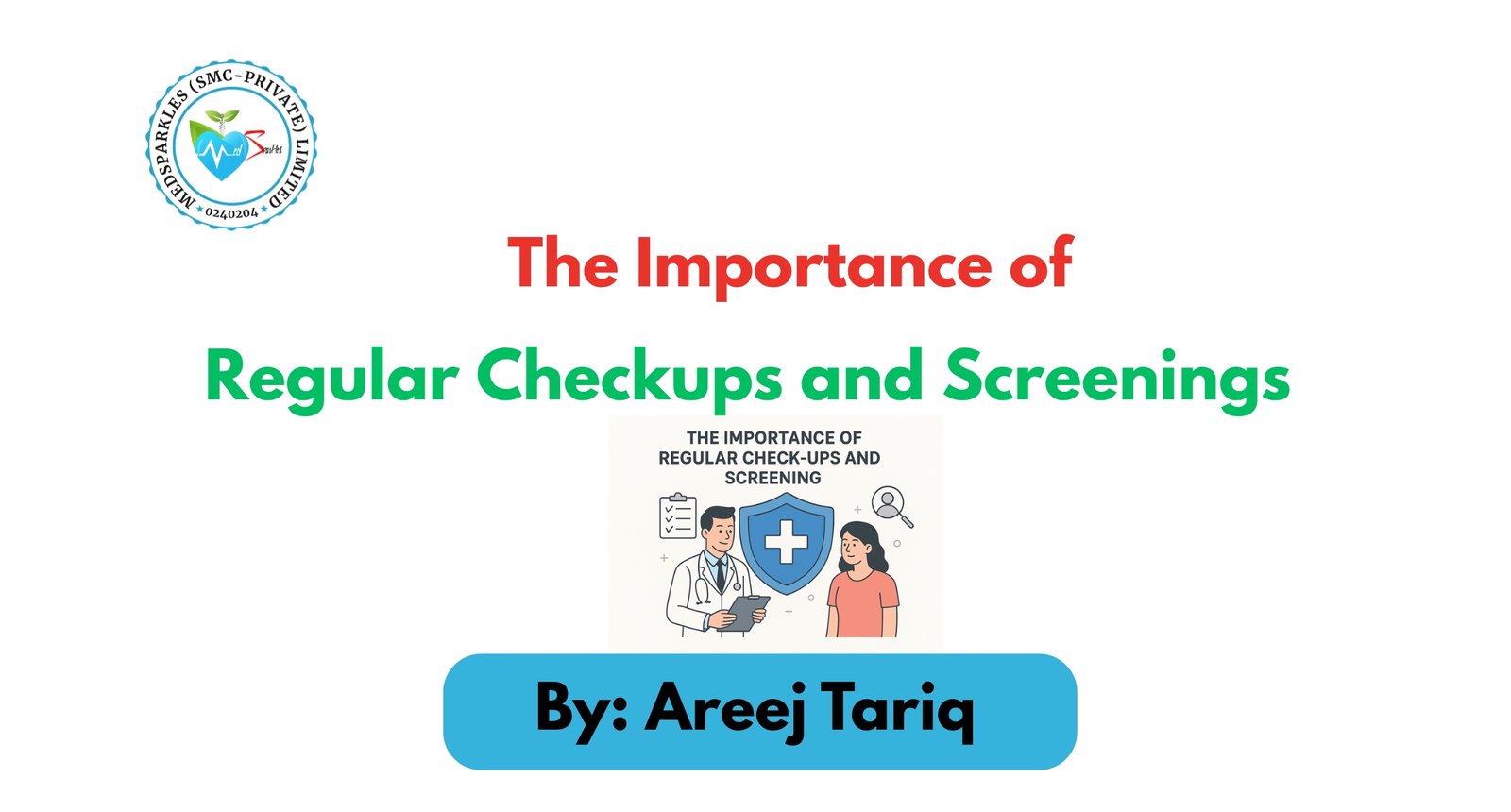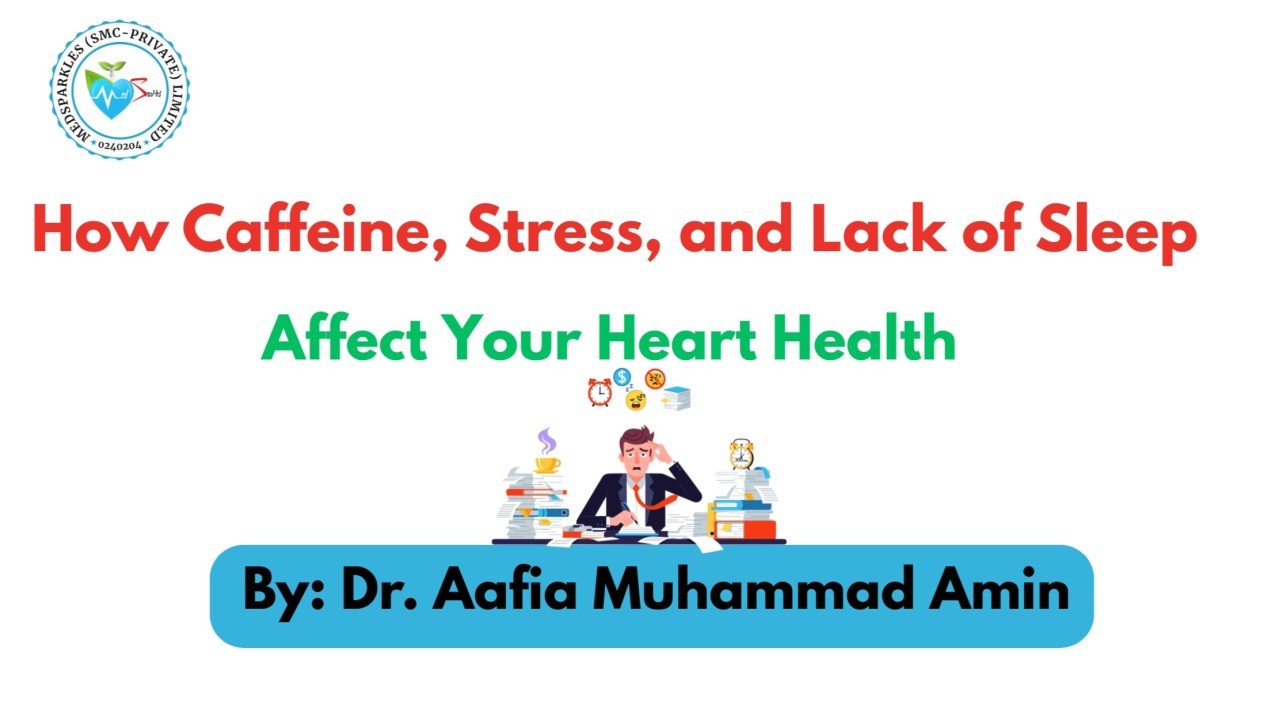Introduction: Health, As Maintenance not Repair
Think of your body like a car. Even a car that is highly dependable requires regular maintenance such as changing of oil, checking tyres, and other mainframes to operate smoothly without any unforeseen failures. Similarly, your health will need regular checkups and screening. They are not ordinary doctor visits, but an initiated step towards being healthy in the present and avoiding troubles in the future.
Why is prevention critical?
Health conditions develop silently, and most of them do not manifest themselves, no show of signs and symptoms until very late. Some chronic conditions like Diabetes, Hypertension and some cancers may not be detected until very late. The condition may already be in an advanced state when the signs are observed.
Regular checkups and screenings are the essential tool that helps identify the dangers before they escalate into severe conditions and allow you to have more choices both in terms of treatment and lifestyle changes. The regular checkup allows your Doctor to have overall view of your health, while a screening is used to determine some specific diseases at an early stage. When carried out side by side the regular checkups and screening, protect you from the risks before they can become unsolvable problems
What is a Checkup?
A physical exam or also called Regular checkup or wellness visit or Annual Physical is an exam of your general health. It assists in establishing a standard and tracking change.
Common contents of a checkup are:
● Checking blood pressure, heart rate and weight.
● General physical examination.
● Blood test (cholesterol and glucose and so on)
● Examining the family and lifestyle history
● Updating vaccinations
Imagine that it was a 360 degree overview of your health.
What is Screening?
A screening is a particular exam of a specific disease like some type of cancers and other issues and may be suggested to you as per your age, sex, life habits, or even family history. It is basically done to detect a disease early even before the symptoms appear.
Screenings have examples such as:
● Mammogram (for breast cancer)
● Colonoscopy (for colorectal cancer)
● Pap smear (for Cervical cancer)
● Blood glucose (test of diabetes)
● DEXA (for Osteoporosis determine bone density)
Consider it as a telescope that focuses on one of the possible risks.
Comparisons between Checkups and Screenings: Main Differences.

Key Differences

The Advantage of Regular Checkups and Screenings
● Early Detection: When the conditions are detected early, they become easy to treat.
● Prevention Guidance: Physicians- based on the checkup findings could advise Patients on lifestyle modifications they need to make to minimize risks.
● Peace of Mind: Behaviors that promote confidence constitute knowing your health status reduces anxiety.
● Long-term Savings: The prevention of long-term diseases is cost-saving both in terms of finances as well as emotions.
● Chronic care Management: vital role in preventing and managing chronic disease. The checkups make sure that the devised treatment plan and the course of action taken to tackle the disease are working, medications get adjusted when needed, and complications are avoided.
Health Priorities- Age specific:
As you get older, your health requirements also vary, and so do the tests that should be taken:
● 20s-30s: Baseline measures like cholesterol, lipid panel, blood pressure, vitamin levels, reproductive health, and mental health.
● 40s-50s: Have diabetes tests, cancer screening, cardiovascular risk Assessment.
● 60s and later: prioritize bone density, vision, hearing, and cognitive screenings in addition to previous screenings.

Questions to ask yourself and your Physician.
Asking the appropriate questions to yourself and your doctor will make sure that you are not only attending appointments but also enjoying the benefits of the same. Through these questions, you will have an idea of your risks, customize your care, and proactive measures that will support your health in the long term:
● When was my last full checkup?
● What are the age and gender screenings that are recommended?
● Can I clearly disAsking the appropriate questions to yourself and your doctor will make sure that you are not only attending appointments but also enjoying the benefits of the same. Through these questions, you will have an idea of your risks, customize your care, and proactive measures that will support your health in the long term:tinguish between a regular checkup and screening?
● What are the risk factors that run in my family that I should be looking at?
● What is the frequency of repeating some screenings?
● Which changes in my lifestyle will minimize my risks in the present?
Conclusion: A Small Step towards a Healthier Future.
Health is not merely about taking action when not feeling well. It is all about being ahead in terms of constant checkups just as you would be with something you value, that you must use on a daily basis. Regular Checkups and screenings are the tools that help to safeguard your health, prolong your quality of life and give you a sense of peace.
Action Step: Make your next checkup appointment, and request your physician which screenings are appropriate to you and your medical history. The key to prevention is in our generation.
FAQ’s
Why do we have a regular checkup of our health?
Checkup gives a general assessment of your health and monitors the risk factors and helps in recording a baseline which can be used at a later date.
What is the difference between a checkup and a screening?
Checkup refers to a general examination of the health whereas screening is a specialized test that targets one disease or condition.
What are the examples of health screenings?
Examples are mammograms (breast cancer), colonoscopies (colon cancer), Pap smears (cervical cancer), blood glucose test (diabetes) and bone density tests (osteoporosis).
At what age the mammograms/colonoscopies are typically recommended?
Mammograms are recommended between the age of 40-50, whereas colonoscopies are recommended at the age of 45-50 years, depending on the personal and family risk factors.
Why conditions like hypertension or diabetes are called a silent risk?
This is due to the fact that they tend to grow without any visible symptoms before a major destruction has ensued.
What is the frequency of a regular checkup among adults?
The majority of adults are expected to undergo a checkup once a year, but the number can be altered according to their age, health history, and the recommendations of the physician.
What constitutes a regular checkup?
Measuring blood pressure, weight and body mass index, blood tests (cholesterol, glucose, and urine), physical examination, reviewing of lifestyle and family history, and vaccination.
Why should a combination of both regular checkups and screenings be made?
Since they are a unified health approach: regular checkups help identify any red flags, whereas screenings can be used to identify a particular condition in its early stages when it can be treated the most.






